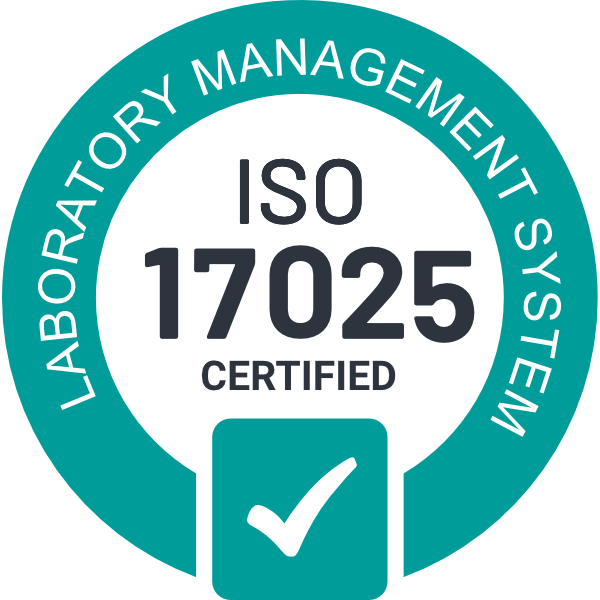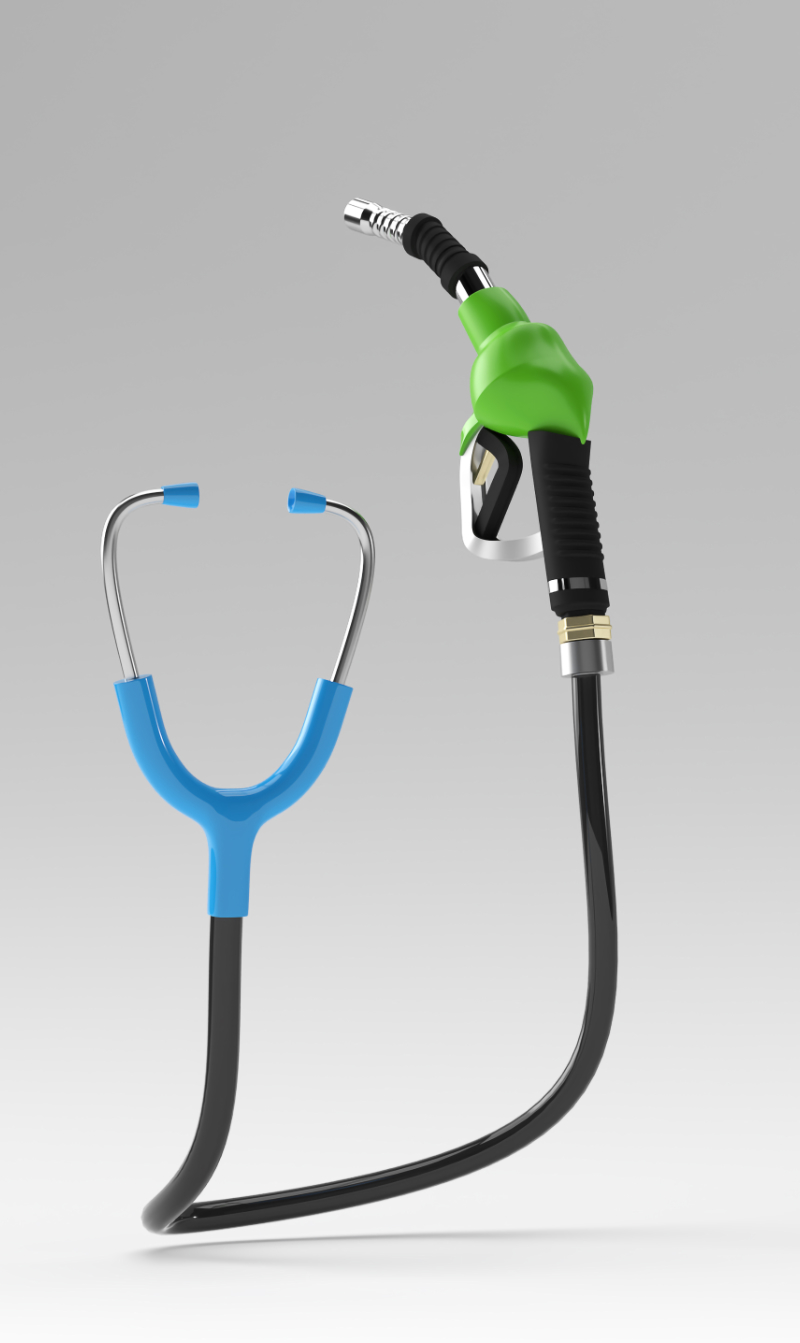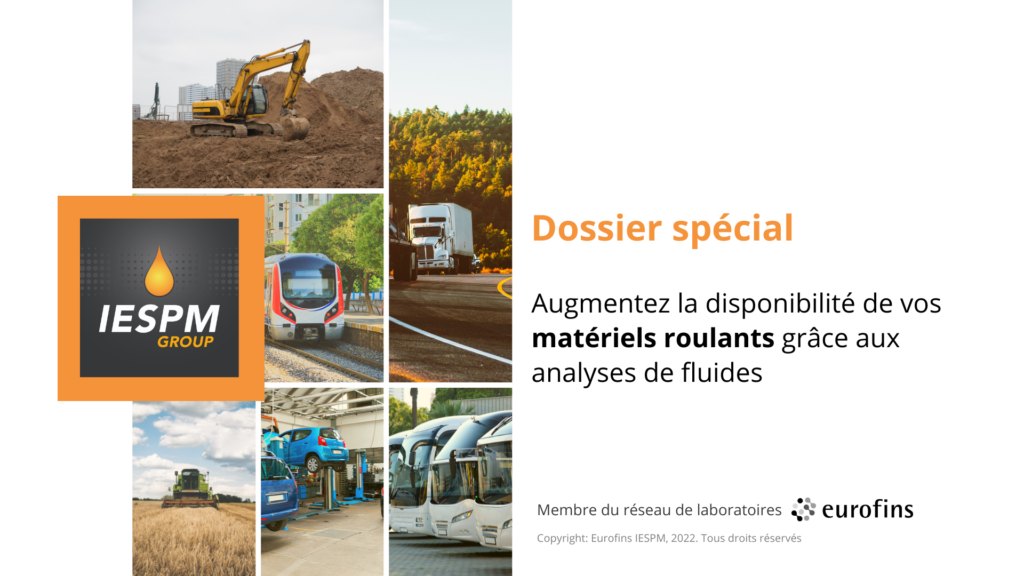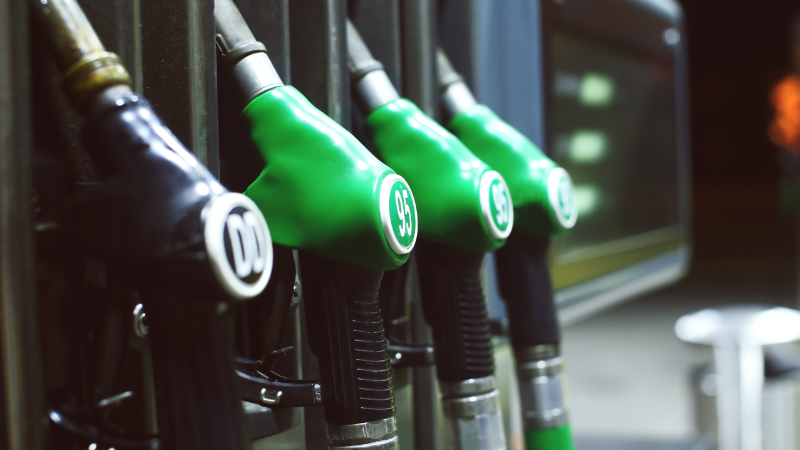Gasoline fuel analysis
Today, the petroleum products market goes beyond fuel oil and gasoline:
The hydrocarbons used in the production of gasoline are lighter than those used as a base for diesel. In gasoline engines, ignition occurs as a result of a reaction between the spark plug and the gasoline-air mixture. After diesel, gasoline is the second most used fuel in France, and with the new European environmental standards and measures, more and more manufacturers are favoring hybrids, in which gasoline is used as fuel.
Several types of gasoline are available on the market:
- SP95 and SP98 (E5)
- The SP95-10 (E10)
- The biofuel (E85)
Reminder, these numbers correspond to the octane rating contained in gasoline: the higher the rating, the quicker the engine ignition and the lower its wear.
Expert advice
In case of serious problems with your engine’s injection system (breakage, melted pistons, defects in the onboard computer, …), it is likely that the quality of the gasoline is to blame.
An analysis is therefore highly recommended.
New fuel names since 2018
Since October 12, 2018, diesel and unleaded fuels have changed names in favor of the implementation of a new unique and common signage for the entire European Union.
From now on, new acronyms and designations will be used:
- Gasoline is now symbolized by a circle with the letter “E” followed by the ethanol content: E5 for unleaded 95 and 98 (5%), E10 for SP95-10 (10%) and E85 for Ethanol.
- For diesel: a square with the letter “B” inside, followed by a number indicating the biofuel content. B7″ (diesel) composed of 7% bio-components.
- For gaseous fuels: a diamond with the words “H2” (hydrogen), or “CNG” (compressed natural gas), “LPG” (liquefied petroleum gas) and “LNG” (liquefied natural gas).
What are we analyzing?
The constantly improving performance of gasoline engines leads to increasingly severe constraints on injection systems.
As a result, any degradation in the quality of gasoline can lead to damage. It is therefore important to analyze the gasoline used in your equipment.
We analyze and control different types of gasoline:
- Unleaded Supercarburants 95, 95-10, and 98 (E5, E10) according to standard NF EN 228
- Ethanol biofuel (E85)
Analyses and Checked Points
THE CHARACTERISTICS
- Density
- Distillation
- Oxygen and oxygenated compounds content
- Lead content
- Hydrocarbon content
- Octane rating
- …
POLLUTION
- Aspect
- Water content
- Contamination by another fuel (diesel)
- …
Our Quality Assurance



Equipment, Sampling Techniques, and Results Interpretation
To carry out your fuel sampling, Eurofins IESPM offers you:
- A sampling flask
- A roll of hose, diameter 7mm
- Follow-up labels
- A return box
Depending on the type of anomaly, the sampling point is essential in the investigation.
Eurofins IESPM accompanies you through video tutorials and/or operating procedures. Visit our YouTube channel. We also recommend that you be accompanied by our team of experts to determine the best way to proceed and to study on a case-by-case basis the methods adapted to your needs.
Once the sampling is done, you need to fill in the technical information regarding your sample. You can check out our dedicated article for tips on how to register a sample: Go to the page.
Before sending, remember to:
- Thoroughly clean the bottle to remove any liquid residue.
- Stick one of the two labels provided in the kit onto the bottle.
Based on the analysis results provided by our laboratory, our team of diagnostic consultants provides you with a detailed and reliable diagnosis in accordance with current national or international specifications, along with personalized recommendations.
We offer personalized recommendations to support you in the condition-based maintenance of your mechanical equipment.
Example of diagnosis for gasoline
SPECIAL REPORT
Rolling stock maintenance
Discover in our special report all the benefits of regular analytical monitoring of fluids and lubricants in use in your equipment.




